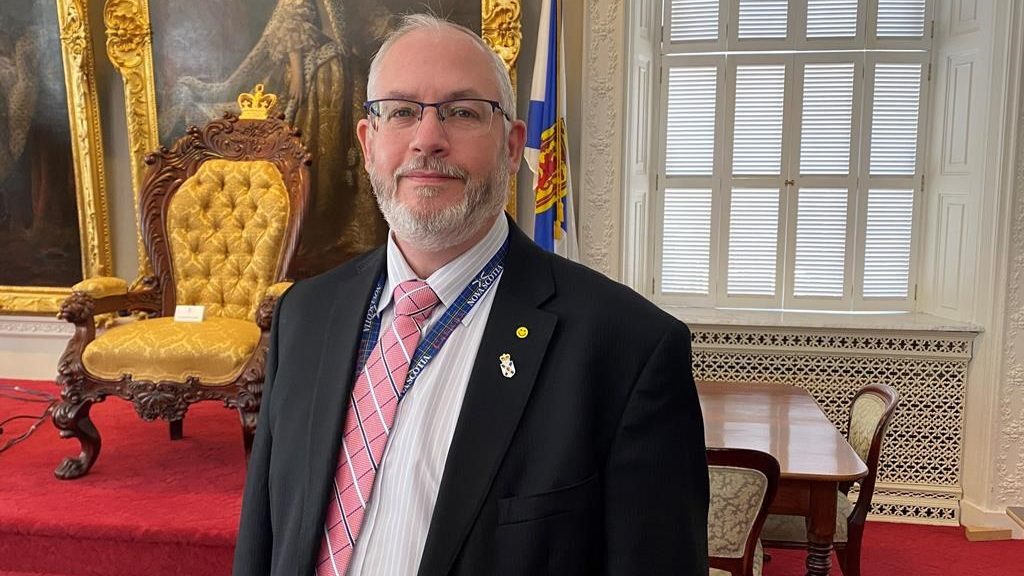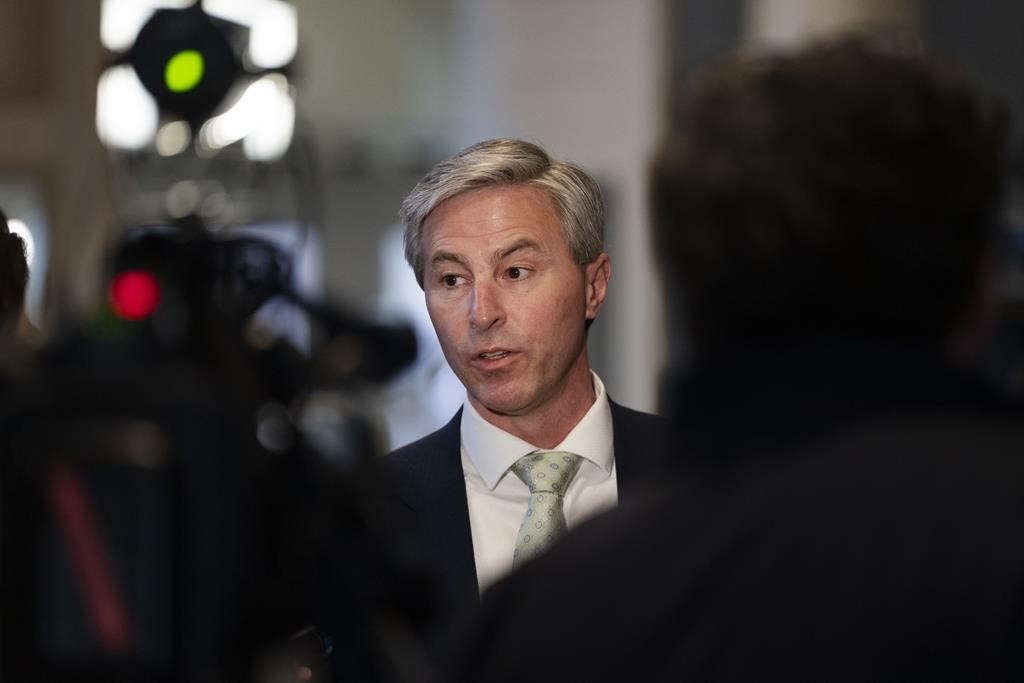Lies triggered $12.8M in bonus payments for Nortel execs, fraud trial hears
Posted Sep 27, 2012 06:35:37 PM.
This article is more than 5 years old.
TORONTO – Three former Nortel executives manipulated financial records to reap millions in bonuses, keeping the now insolvent tech firm’s investors and the public in the dark, court heard Thursday during closing arguments at the high-profile fraud trial.
“It’s a fraud on the public, that’s the essence of the case against the accused,” Crown attorney Robert Hubbard told the Ontario Superior Court.
Ex-CEO Frank Dunn, ex-CFO Douglas Beatty and ex-controller Michael Gollogly are on trial for two counts of fraud each. All three have pleaded not guilty.
The Crown alleges these top players “told lies” so they could continue with a “cookie-jar” accounting scheme that made it acceptable to dip into company reserves when quarterly financial targets couldn’t be met.
The motivation, court heard, was to trigger $12.8 million in bonus payments for themselves — $9.7 million in 2003 and $3.1 million in 2001 — after showing an inaccurate return to profitability even though the Ottawa-based telecom company was struggling financially.
These deliberate efforts to conceal the “financial reality” of Nortel from the public amounts to fraud, said Hubbard.
“(The accused) were massaging the balance sheets for later,” he said.
“It is only by maintaining a bloated balance sheet that the accused could engage in cookie-jar accounting by using excess accruals to supplement earnings.”
Dunn, Beatty and Gollogly were fired from Nortel over the fraud allegations in 2004. Five years later, the telecom company declared bankruptcy in Canada and the U.S. At its height, Nortel employed 90,000 people worldwide and was worth nearly $300 billion.
Ontario Superior Justice Frank Marrocco was told it doesn’t matter whether the executives explicitly told employees to fudge the financial records. Everyone was already working under a “context” or culture dating back to the 1980s that made it acceptable to do so, the Crown said.
It was an “everybody knows what needs to be done” culture, said Hubbard.
“In this backdrop, in this culture, when you have forecasts… you don’t need instruction,” he said.
“Stretch targets were given and the only way to meet them, with the financial reality of Nortel… was through excess accruals.”
The Crown also does not need to provide evidence that external auditors from Deloitte & Touche, who were brought in to examine the company’s finances, may also have been asked to ignore inaccuracies in the company’s balance sheets.
It only needs to show that the accused had created an environment where the accountants had no choice but to play with the numbers so Nortel’s unrealistic financial road maps and outlooks could be met, court heard.
The Crown also charged that the executives dismissed concerns raised by the auditors about the accuracy of the financial statements, and purposely kept the company’s financial targets from them. One of the specific allegations involves the release of only $80 million of $189 million in reserves during one quarter so it appeared the company was turning a profit, even though it was in the red.
The defence maintains that all the financial documents show is that errors were made. Lawyers representing the men could be seen shaking their heads a number of times in disagreement throughout the Crown’s closing arguments.
The defence also argues there is no evidence the accused ever asked anyone to create false financial statements or orchestrated a so-called large-scale conspiracy among dozens of employees. No fraud could have taken place because the release of the accruals had been approved by outside auditors, they claim.
Since the bankruptcy, the company has sold off US$3.2-billion of operating units — bringing the total value of the company’s sell off to US$7.7-billion in one of the largest asset sales in Canadian history.
Closing arguments by the Crown continue Friday, with the defence scheduled to present submissions next week.










